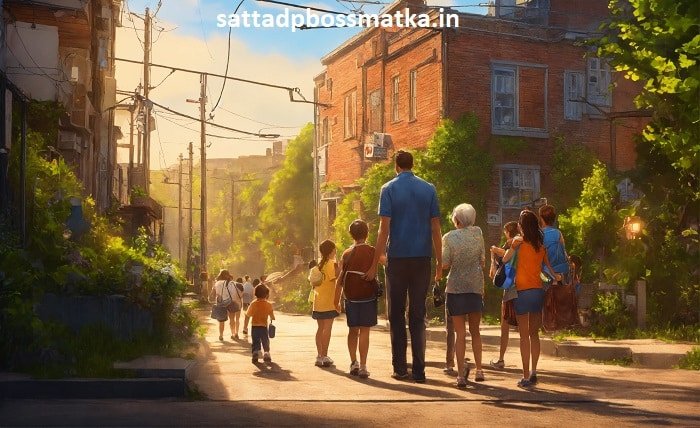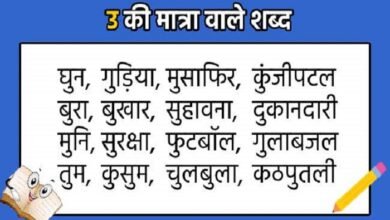
Closed Memories, Nguyen Duy Tri, and the Last Sunshine of 2022
Memory, like sunlight, can be both illuminating and blinding. It casts long shadows of the past, shaping our present and coloring our future. In Nguyen Duy Tri’s poignant poetry collection, “Closed Memories: The Last Sunshine,” published in 2022, we embark on a delicate journey through loss, yearning, and the quiet resilience of the human spirit. Through his evocative verses, Duy Tri invites us to confront the bittersweet pangs of closed chapters, while simultaneously seeking solace in the embers of hope that glimmer like the last rays of a setting sun.
Depths of Closed Memories
The title itself, “Closed Memories,” sets the stage for a contemplative exploration of personal loss. Each poem acts as a portal, beckoning us into the poet’s intimate vault of experiences, where cherished moments lie preserved alongside the ache of separation and sorrow. Duy Tri doesn’t shy away from portraying the rawness of grief, whether it’s the hollowness left by a departed loved one or the bittersweet sting of unfulfilled dreams. In “Elegy for My Father,” he paints a melancholic portrait of a father’s absence, the empty chair at the table a stark reminder of a bond severed by time. Yet, even in the face of darkness, Duy Tri’s poems flicker with the embers of remembrance, refusing to let love be entirely extinguished.
The Language of Loss and Longing
Duy Tri’s mastery of language lies in his ability to imbue simple words with profound emotion. He crafts imagery that is both visceral and evocative, drawing on the natural world to mirror the tumult within. In “Sunset on the River,” the fading light becomes a metaphor for the passing of time, mirroring the poet’s longing for a bygone era. The river’s flow symbolizes the relentless march of life, reminding us that all things, even joy, eventually slip away. Yet, through his lyrical use of metaphors and similes, Duy Tri imbues even the bleakest landscapes with a subtle beauty, urging us to find solace in the fleeting moments of existence.
Finding Light in the Shadows
While “Closed Memories” acknowledges the pain of loss, it is not solely an elegy to the past. It is also a testament to the resilience of the human spirit, our inherent capacity to find light even in the darkest corners. In poems like “Morning Song,” Duy Tri celebrates the simple joys of everyday life, the sunrise painting the horizon with a promise of new beginnings. He finds solace in the mundane, the chirping of birds and the warmth of sunlight on his skin, reminding us that beauty and hope can bloom even in the most unexpected places.
The Power of Shared Experience
The beauty of Duy Tri’s poetry lies in its universality. While rooted in personal experience, his verses resonate with the collective human experience of loss, longing, and the search for meaning. He speaks not just for himself, but for all who have grappled with the fragility of life and the ache of unfulfilled dreams. His poems serve as a comforting embrace, reminding us that we are not alone in our struggles, and that shared experiences can forge a powerful bond of empathy and understanding.
Symbolism and Recurring Motifs
Duy Tri’s poems are rich in symbolism, with certain motifs recurring throughout the collection. The image of the setting sun, as mentioned earlier, signifies not only the passage of time and loss but also the potential for renewal. The recurring themes of water and wind speak to the fluidity of life and the unpredictable nature of existence. These symbols add depth and dimension to the poems, inviting the reader to delve deeper and uncover hidden layers of meaning.
Tapestry of Emotions
“Closed Memories: The Last Sunshine” is not a homogenous collection of melancholic poems. Duy Tri masterfully interweaves threads of sorrow with slivers of joy, moments of despair with flashes of hope. This emotional tapestry reflects the complexity of human experience, reminding us that life is a nuanced dance between light and shadow, laughter and tears. The collection leaves us not with a sense of despair, but with a bittersweet acceptance of life’s impermanence and the quiet strength we find within ourselves to keep pushing forward.
Conclusion
Nguyen Duy Tri’s “Closed Memories: The Last Sunshine” is a testament to the enduring power of hope in the face of loss. He masterfully navigates the depths of grief while simultaneously illuminating the resilience of the human spirit. By confronting the shadows of the past, Duy Tri encourages us to embrace the present with open arms and find solace in the simple joys of existence. His poems serve as a beacon of light, reminding us that even as memories fade and the sun sets on another day, the embers of hope still flicker within us, beckoning us towards a brighter dawn.
FAQ
- Is “Closed Memories” a depressing book?
While it deals with themes of loss and grief, the collection is not solely melancholic. It paints a nuanced picture, balancing sorrow with moments of joy and quiet hope.
- What is the significance of the title “Closed Memories: The Last Sunshine”?
The title speaks to the bittersweet nature of memory and the fleeting beauty of life. However, it also suggests the potential for renewal, with the “last sunshine” hinting at the possibility of new beginnings.
- What makes Duy Tri’s poetry unique?
Duy Tri’s mastery lies in his ability to evoke profound emotions using simple, yet evocative language. His poems are rich in symbolism and imagery, drawing on the natural world to mirror the complex inner landscapes of his characters.
- Who would benefit from reading this collection?
Anyone who has grappled with loss, longing, or the search for meaning in life will find solace and resonance in Duy Tri’s verses. His poetry speaks to the universal human experience, offering comfort and a sense of shared understanding.
- Where can I find more information about Nguyen Duy Tri and his work?
You can search online for Duy Tri’s website, publisher’s page, or social media profiles. There you may find translations of additional poems, biographical information, and even upcoming reading events.




